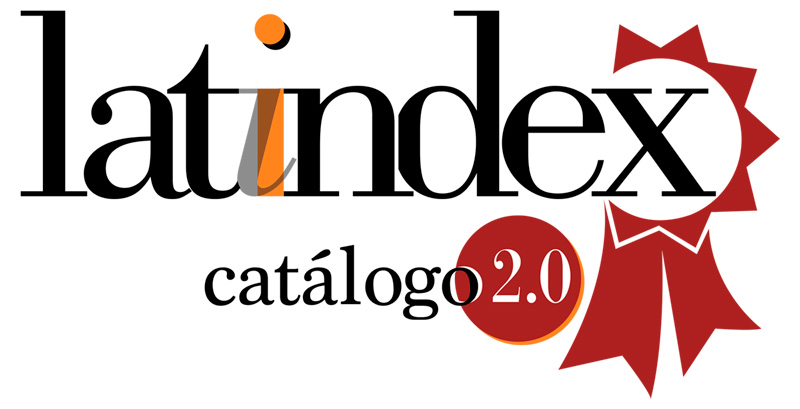The Beauty and the Rupture of the Platonic Dualism: Between the Symposium and the Phaedrus
DOI:
https://doi.org/10.35626/sv.25.2021.338Keywords:
Plato's dualism, Symposium, Banquet, Beuaty, Esthetic, Plato, PhaedrusAbstract
Almost all the literature on Plato acknowledges and emphasizes the dualism that the philosopher raised from his “second navigation”. With it, Plato would not only have founded metaphysics, but also introduced one of the main obstacles to the relationship between the sensible world and the intelligible world, a problem he unsuccessfully tried to overcome in the Parmenides dialogue. The problem of this relationship seems to have been motivated, not just by possible criticisms within the Academy but by Plato”™s experience of beauty, which he points out in The Phaedrus, is the only Form that had the privilege of being most manifest in this world. This article tries to show the value of sensitive beauty for Plato by the analizes of two of his matures dialogues, The Banquet and Phaedrus, and shows that beauty, on Plato”™s mentality, is the only form which appears in this world, breaking, in his experience, the dualism that he made between the sensitive and the suprasensitive world. The article is divided in two parts: first we will analyze Diotima´s speech in The Banquet and, secondly, we will analyze Phaedrus”™s
dialogue focus in numeral 250d, both texts with the help of specialist to support our interpretation. Finally, we will expound the value of sensible beauty on the basis of the prior exposition and point out the possibility of finding in beauty a concept that would overcome the sensible-intelligible dualism.









